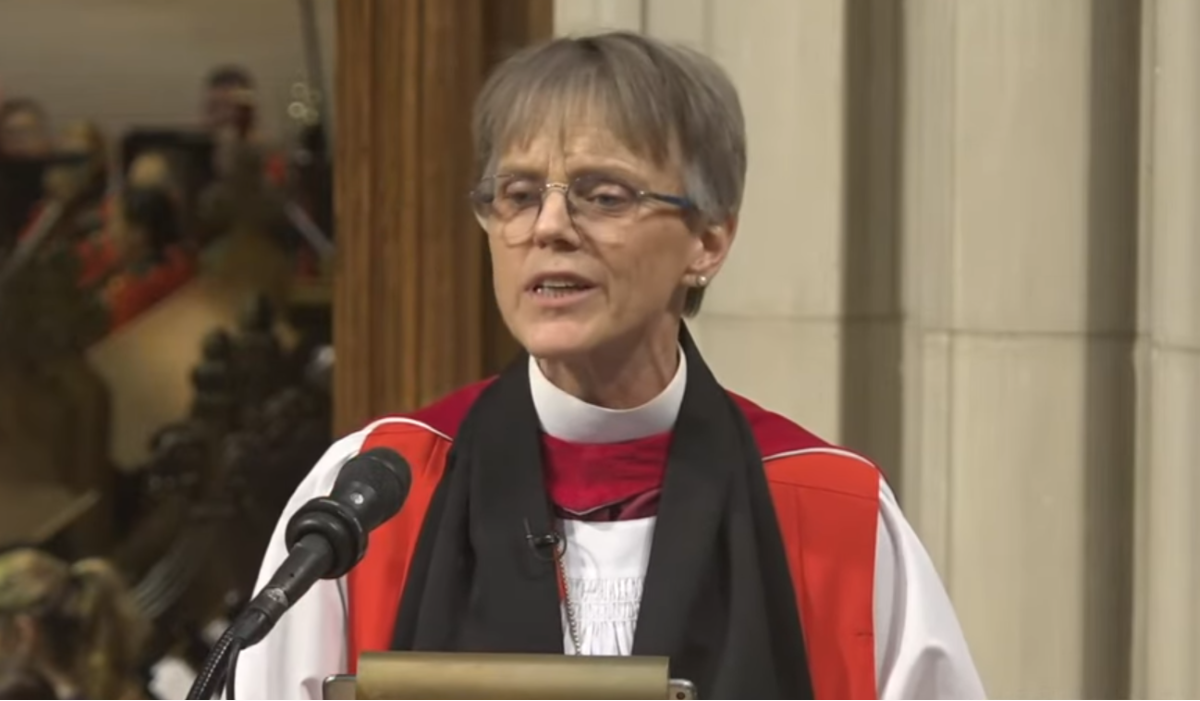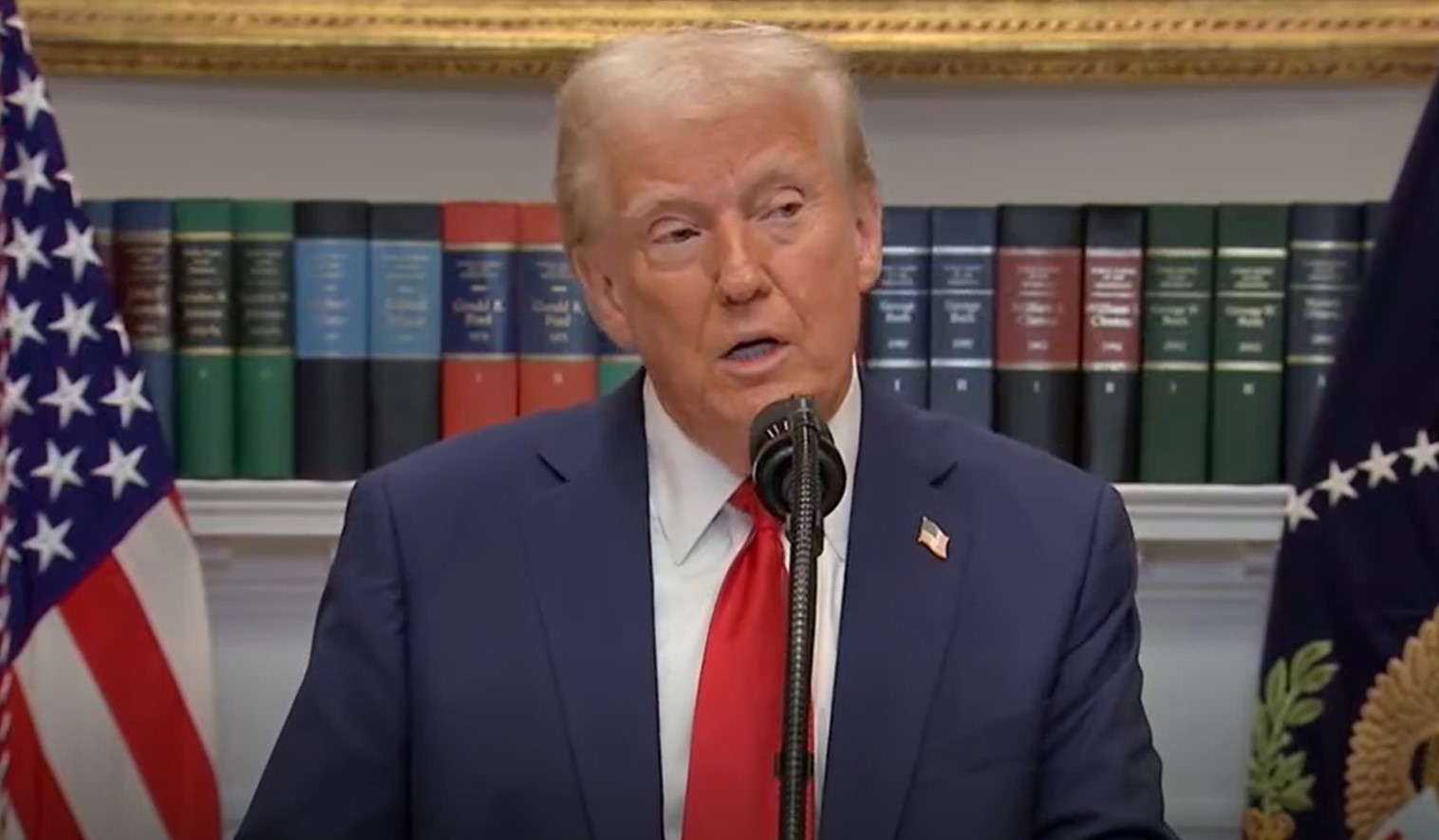Dems ‘scrubbing the budget’ even as they say wealthy should pay their fair share – Washington Examiner
The article discusses the current situation in the Washington State Legislature, where majority Democrats have not yet revealed their plans regarding proposed tax increases aimed at addressing a projected budget deficit of $12 billion to $16 billion over the next four years. During media events, Republican leaders expressed concerns about various tax proposals, such as a potential payroll tax on companies with large payrolls and high salaries, similar to Seattle’s JumpStart tax. They argue that such taxes could hinder job growth and innovation in the state. Additionally, a wealth tax proposed by former Governor Jay Inslee, which suggests a 1% tax on individual wealth over $100 million, also raised alarms among Republicans, who believe it could dissuade future innovators and entrepreneurs from starting businesses in Washington. The article highlights the ongoing debate about balancing budgetary needs with economic growth and the concerns regarding the impact of increased taxation on residents and businesses.
Dems ‘scrubbing the budget’ even as they say wealthy should pay their fair share
(The Center Square) – Nine days into the 2025 session, majority Democrats in the Washington State Legislature have yet to tip their hand on several rumored tax increase proposals floated as part of a plan to fill a projected operating budget deficit of $12 billion to $16 billion over the next four years.
Leaders of both parties were asked about tax proposals during Tuesday’s media availability events.
“I’m worried about all of them,” Senate Minority Leader John Braun, R-Centralia, said in response to a question about which tax proposals Republicans are most concerned about.
During the 2024 legislative session, Republicans successfully resisted an attempt to raise revenue through property tax increases.
As reported by The Center Square, Senate Bill 5770 would have allowed local governments in Washington to exceed the 1% cap on annual property tax increases up to 3%.
“I’m worried that comes back,” Braun said. “People are struggling with [the] cost of living, and property taxes are key among those.”
Braun added he’s most worried about a potential payroll tax. Democrats are considering a possible levy on companies with large payrolls and employees who make high salaries, similar to Seattle’s JumpStart tax.
“This payroll tax essentially taxes jobs and innovation and if we do this, we’re likely to get [fewer] jobs and less innovation in our state,” he continued.
Rep. Drew Stokesbary, R-Auburn, said a payroll tax would be a job killer.
“You can look at what happened to Amazon’s hiring in Seattle and Bellevue before and after the Seattle head tax,” he noted. “The same thing will happen with this; it will just drive jobs away.”
Stokesbary said a wealth tax, pitched by former Gov. Jay Inslee on his way out after serving three terms, is most problematic. Inslee proposed a 1% tax on an individual’s wealth above $100 million.
“It’s really an innovation tax,” Stokesbary told The Center Square. “The vast majority of people that accumulate that kind of wealth, do so because they come up with new ways of doing things. It’s Bill Gates founding Microsoft; it’s Jeff Bezos founding Amazon. Yes, they become very wealthy, but they create a tremendous amount of value for the economy. So, if we essentially tax those people’s innovation, the next Bill Gates, the next Jeff Bezos – they’re not going to pick Washington as the place to start their business.”
Inslee also suggested an increase in the business and occupation tax starting with larger businesses, then phasing in all businesses in the state.
“An across-the-board B&O tax or even a targeted one is going to be bad for the economy and for the people of the state of Washington,” Braun observed. “We have the ability to live within our means and still deliver the services our citizens require.”
During a Democratic media availability, House and Senate leaders told The Center Square that no decisions have been made yet regarding potential tax increase proposals.
“I want to be very clear that what we’ve always said, and what Senate Democrats have always said, is that the first thing that we have to do is go through budget reduction exercises,” House Speaker Laurie Jinkins, D-Tacoma, said.
Jinkins said House members have “not landed” on a particular proposal, while suggesting the “wealthy” should pay their fair share.
“We are a highly regressive state and so making sure that wealthy corporations and wealthy individuals are paying their fair share of taxes will always be something that will guide us in any sort of revenue that we look at,” Jinkins said.
Rep. Joe Fitzgibbon, D-Seattle said Democrats are starting with “scrubbing the budget” for potential savings.
“We also scrub the tax code, and we look at tax exemptions that may not be serving a public purpose,” Fitzgibbon said. “We look at tax exemptions that are leading to higher burdens on working people having to shoulder the costs for paying for K-12 education or behavioral health … that’s also a place that we look to first.”
A Jan. 15 opinion piece in The Seattle Times authored by Microsoft Vice Chair and President Brad Smith challenged lawmakers to face some hard truths.
“Our state government has succeeded in spending more money but failed in producing better outcomes for state residents,” he wrote. “Since 2015, state spending has significantly outpaced population growth and inflation. But during the past five years, the state has lacked the basic budget discipline that is commonplace for families and businesses.”
Smith offered solutions to some of the state’s biggest problems, including homelessness and housing affordability, and suggested more revenue shouldn’t always be the response from state government.
A potential wealth tax, an increase in B&O taxes, and a payroll levy tax would impact Microsoft as a company and its employees.
“There is an opportunity to talk less about how much we want to spend and focus more on what we need to accomplish,” Smith continued. “Hard decisions can produce big dividends.”
The 105-day legislative session concludes on April 27.
Dems suggest the ‘wealthy’ could be targeted for tax proposals.
" Conservative News Daily does not always share or support the views and opinions expressed here; they are just those of the writer."





Now loading...